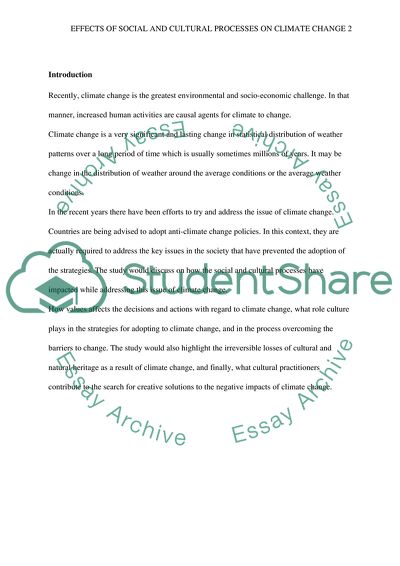Cite this document
(Impact of Social and Cultural Processes on Climate Change Research Paper - 1, n.d.)
Impact of Social and Cultural Processes on Climate Change Research Paper - 1. https://studentshare.org/environmental-studies/1801592-essay-on-a-set-topic-choose-one-of-the-below-questions-as-your-topic-indicate-which-one-you-have-chosen
Impact of Social and Cultural Processes on Climate Change Research Paper - 1. https://studentshare.org/environmental-studies/1801592-essay-on-a-set-topic-choose-one-of-the-below-questions-as-your-topic-indicate-which-one-you-have-chosen
(Impact of Social and Cultural Processes on Climate Change Research Paper - 1)
Impact of Social and Cultural Processes on Climate Change Research Paper - 1. https://studentshare.org/environmental-studies/1801592-essay-on-a-set-topic-choose-one-of-the-below-questions-as-your-topic-indicate-which-one-you-have-chosen.
Impact of Social and Cultural Processes on Climate Change Research Paper - 1. https://studentshare.org/environmental-studies/1801592-essay-on-a-set-topic-choose-one-of-the-below-questions-as-your-topic-indicate-which-one-you-have-chosen.
“Impact of Social and Cultural Processes on Climate Change Research Paper - 1”. https://studentshare.org/environmental-studies/1801592-essay-on-a-set-topic-choose-one-of-the-below-questions-as-your-topic-indicate-which-one-you-have-chosen.


